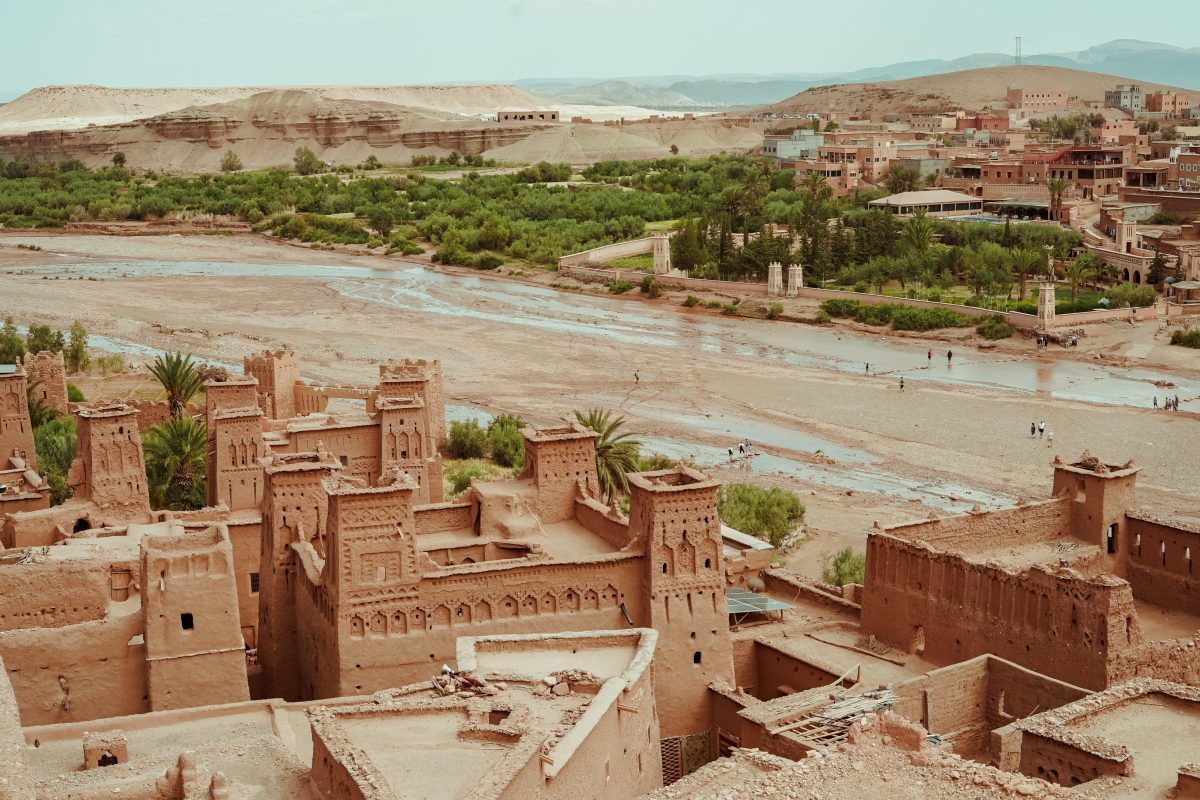Is Reykjavik Safe?
Reykjavik, Iceland’s capital city and most populous area, is also one of the world’s safest cities. In 2020, Reykjavik was even rated the second-safest city in the world by Numbeo – a global crowd-sourced database of international crime and cost of living information. The city is known for its low crime rate and its beautiful natural setting. In fact, more than ninety-eight percent of Icelandic citizens have experienced no contact crime over the past year. By most standards, this is a remarkably safe statistic; however, safety can depend on the part of town one is visiting and how aware and prepared one is for potential risks. Whether you’re a tourist or a local, here’s a look at what you need to know about the safety in Reykjavik, and some simple tips to keep you safe when exploring this beautiful city.
Crime Awareness in Reykjavik
Anyone travelling to Reykjavik should be aware of the potential for property theft. Although the overall crime rate in Reykjavik is low compared to other cities around the world, the risk does increase in certain areas. Concentrated within the city centre, pickpocketing and other bike thefts are the most common types of crime. It is also important to be aware of opportunistic criminals as they often target tourists. Be cautious when walking alone late at night, as violent crime is uncommon but not unheard of – particularly in the older parts of town. As with any city, it is advised to check with local authorities if there are any areas that are considered dangerous before visiting.
Violent Crime in Reykjavik
Despite Reykjavik’s reputation for being a safe city, there is still an element of risk for tourists and locals alike. It is important to know where you are going and always choose safe, well-lit routes when available. Fortunately, violent crimes in Reykjavik are quite rare. You should still be careful of your personal safety though; it’s always best to avoid confrontation if conflict seems likely. It is also highly recommended to take extra precaution when travelling alone or where intoxicated. If you’re travelling by car, it’s important to be aware of the theft risk, as car keys and wallets can easily be taken from unlocked cars.
Terrorism in Reykjavik
Like many other cities around the world, the risk of terrorism in Reykjavik is ever-present – though the likelihood has diminished in recent years. In 2018, an intelligence report from Iceland’s National Security and Preparedness Service assessed that “the risk of a terrorist attack in Iceland remains low but not insignificant’. The report highlighted a small but growing presence of “Islamists and extreme right-wingers’ living in Iceland posing a heightened terrorist risk. The Icelandic Government also closely monitors travel patterns linked with Islamic terrorism. Although terrorism is considered low risk in Reykjavik, it’s still sensible to stay vigilant and aware of your surroundings when visiting public places – particularly those notable tourist attractions such as the Sun Voyager sculpture and the Pearl building.
Tips to Keep You Safe in Reykjavik
When visiting Reykjavik, it is important to adopt some basic safety measures that will keep you and your possessions safe. Here’s what you should consider;
Do not leave items unattended.
Make sure your items are always within sight, either on your person or locked out of sight in a secured locker or secure storage area. Keep your handbag close to you at all times and secure it around your arm or in a buttoned jacket to ensure it is less accessible for pickpockets.
Avoid walking alone late at night.
Avoid walking alone late at night and stick to busy, well-lit areas, particularly when exploring the old city centre – and never get into an unlicensed taxi cab or examine expensive items or documents on the street.
Reduce potential targets.
As opportunistic criminals will often seek out certain characteristics indicating vulnerability, take extra precautions when visiting vulnerable areas. Avoid openly displaying expensive items like phones and jewellery, and be mindful of cars parked in public after dark. If possible, park your car inside a secure parking lot overnight or install an alarm system in your car or house.
Always report suspicious activity.
If you notice anything suspicious or out of place in Reykjavik – either during a tour or a night at a bar – alert the police immediately. If you experience trouble or feel unsafe at any time during your visit, contact the police (112 / 444-1122) or local authorities immediately (1770 / 444-1770). In conclusion, while Reykjavik may be one of the world’s safest cities, it pays to be extra vigilant when visiting any unknown destination. Visitors would do well to take the same safety precautions they would take when travelling in any other large city around the world – that way they can get the most out of their time in this fascinating Icelandic capital with minimal risk to their safety. According to Safearound (the global crime and safety database), travelers should “take normal precautions’ when visiting Reykjavík; which according to my extensive research seems like some very good advice indeed!
Table of Contents

